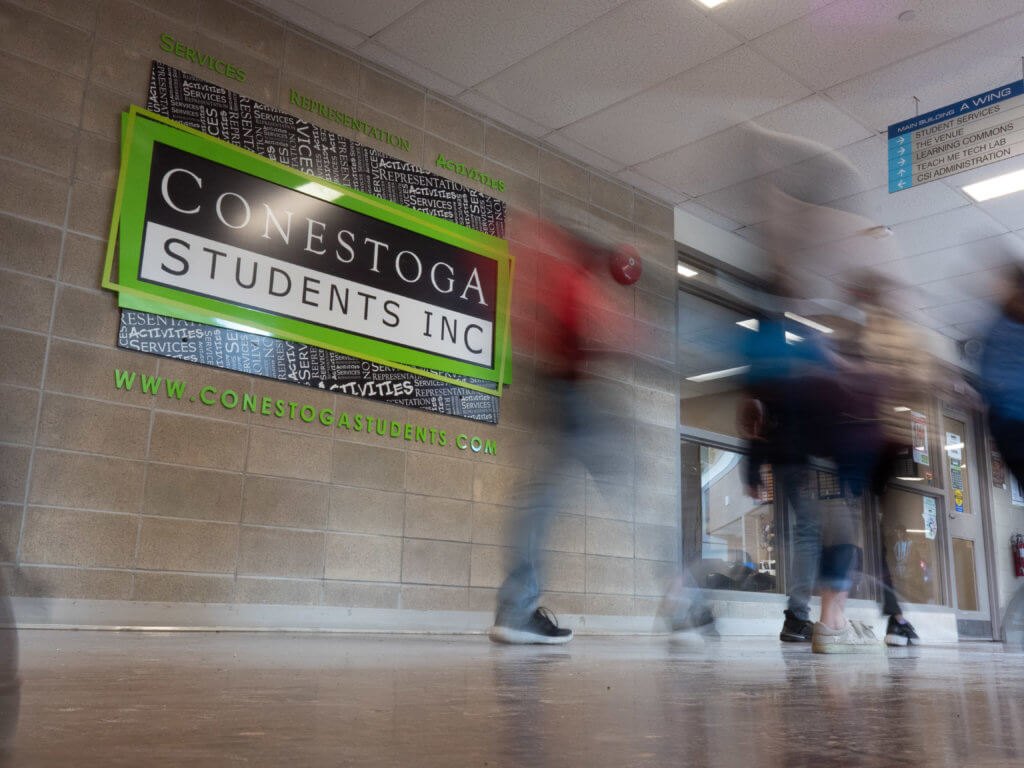Students are being left behind.
That’s the message an organized social media campaign is sending to the federal government, as hundreds of thousands of university and college students prepare to graduate into an uncertain job market upended by the COVID-19 pandemic.
The effort, Don’t Forget Students, wants emergency income support for all students and recent graduates, similar to those provided to laid-off workers.
“Many have no source of income that can conceivably materialize in the next few months,” said Greg Sibley, one of around twenty organizers and a recent Masters graduate who lives in Toronto.
Rent is due. Food still needs to be purchased. For those not graduating, there is tuition to worry about.
But some students won’t qualify for the two major federal income supports that are meant to help with emergency expenses.
The first is the Canada Emergency Response Benefit (CERB), which provides $2,000 a month for 16 weeks to people who lose their income due to the outbreak.
To be eligible, a person must have involuntarily lost a job or have made $5,000 in the previous year, or meet other criteria.
“The 5,000 a year cap excludes many, many students who were concentrating on their studies full time,” said Sibley.
The group is also concerned that those same students won’t qualify for Employment Insurance either. It requires that a person to work a minimum of 420 hours in the past year, meaning those who weren’t holding down at least a part-time job are out of luck.
Don’t Forget Students say loosening the requirements for the CERB could be a good way to get emergency relief to students, but they do not rule out that other forms of income support could succeed.
Spoke reached out to two local MPs, Bardish Chagger and Marwan Tabarra, both of whom have major post-secondary institutions in their ridings, to ask if they would support relaxing the CERB criteria for students who are currently ineligible, but they did not reply before publication.
Feds say support is coming
On Sunday morning, Prime Minister Justin Trudeau suggested some form of income support was in the works for university students, acknowledging there were gaps in relief efforts.
As a remedy, he said there might be changes to the Canada Summer Jobs program, which helps Canadians between the ages of 15 and 30 find work.
The prime minister added that students looking for work should consider applying to farms, where there is a shortage of migrant workers due to travel restrictions.
Whatever the government does, Don’t Forget Students wants them to do it sooner, rather than later.
“It’s not too late to act in the interest of students,” said Sibley, who has been unable to find work himself amid the pandemic.
“There is a level of raw desperation and fear out there that I don’t think our government is aware of … This is an emergency.”
Bleak outlook for grads
“Students who graduate in a recession tend to have a huge penalty to their earnings in the first few years,” said Tammy Schirle, an economics professor at Wilfrid Laurier University who studies public policy.
In a typical recession, graduates can expect to earn around nine per cent less once they land their first job and won’t reach their full pay again for 10 years, according to studies cited by Schirle.
And that first job could be tough to snag, as students will be compete for scarce opportunities with more experienced workers.
She said, however, that this is not a “typical” recession and it will be hard to predict the impacts.
As for why the government did not directly address students in the CERB, she says writing that kind of policy can be tricky and time consuming.
“It’s hard to open it up to students who planned to have a summer job, without then opening it up that same income replacement to everybody who said ‘Well, I planned to have a job,’ even though they had no intention of it,” Schirle said.
Fast-moving situation

While the federal government makes plans, some provinces have already made moves to help students in financial need.
At the university and college level, some, like Conestoga, have yet to make decisions about measures like partial tuition refunds. There are student unions taking action, too: Humber’s created a $250,000 emergency fund.
The situation is changing rapidly.
“I would pay very close attention to policy announcements in the coming days,” said Schirle.
“I would expect to see some financial support.”

